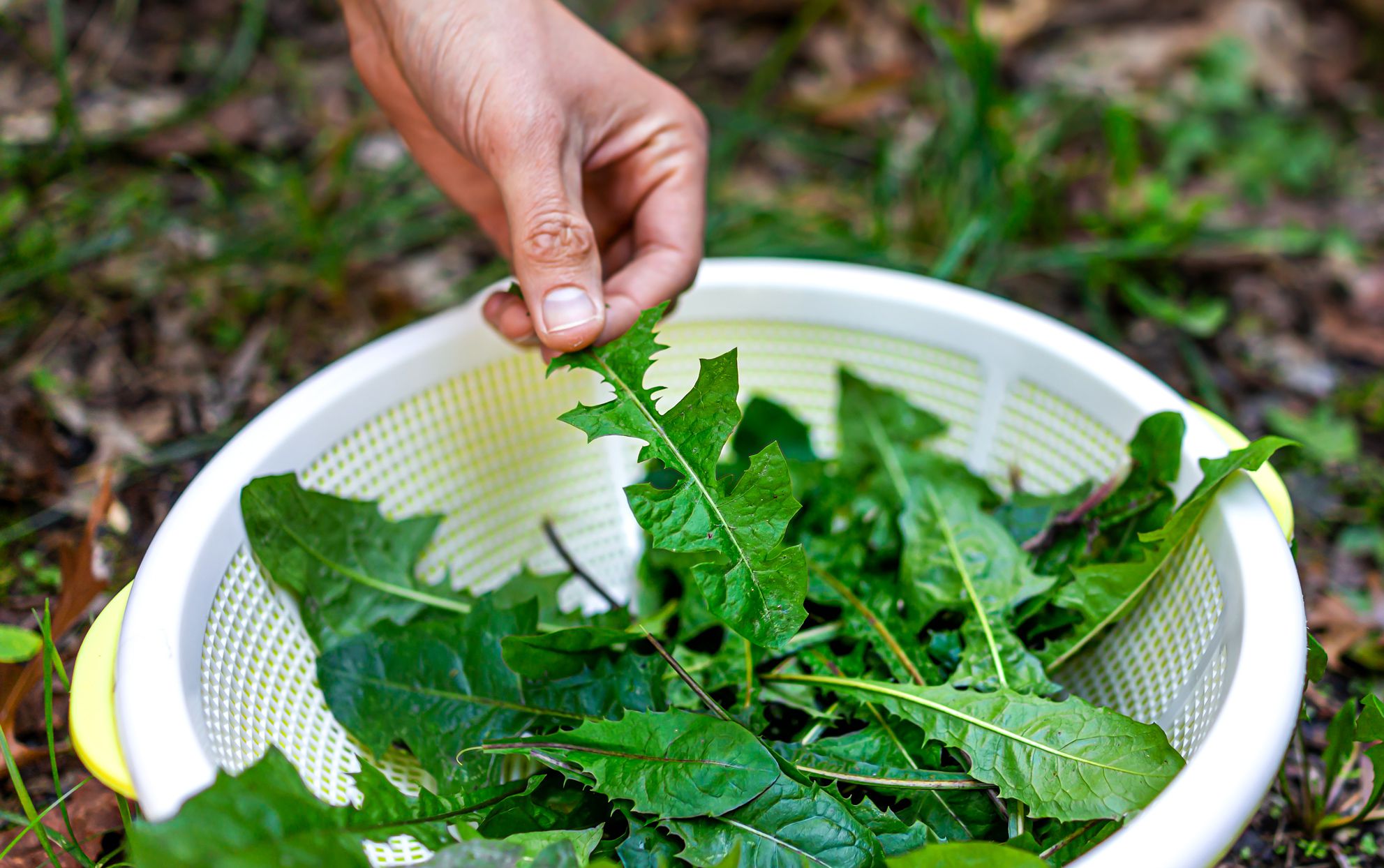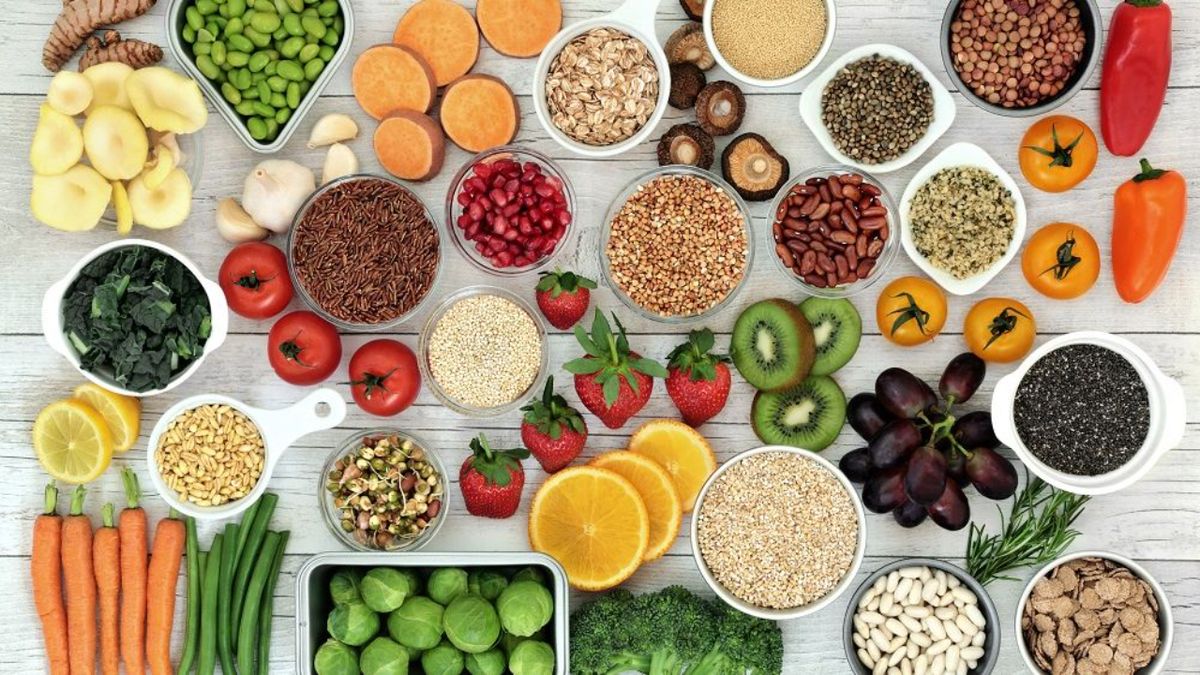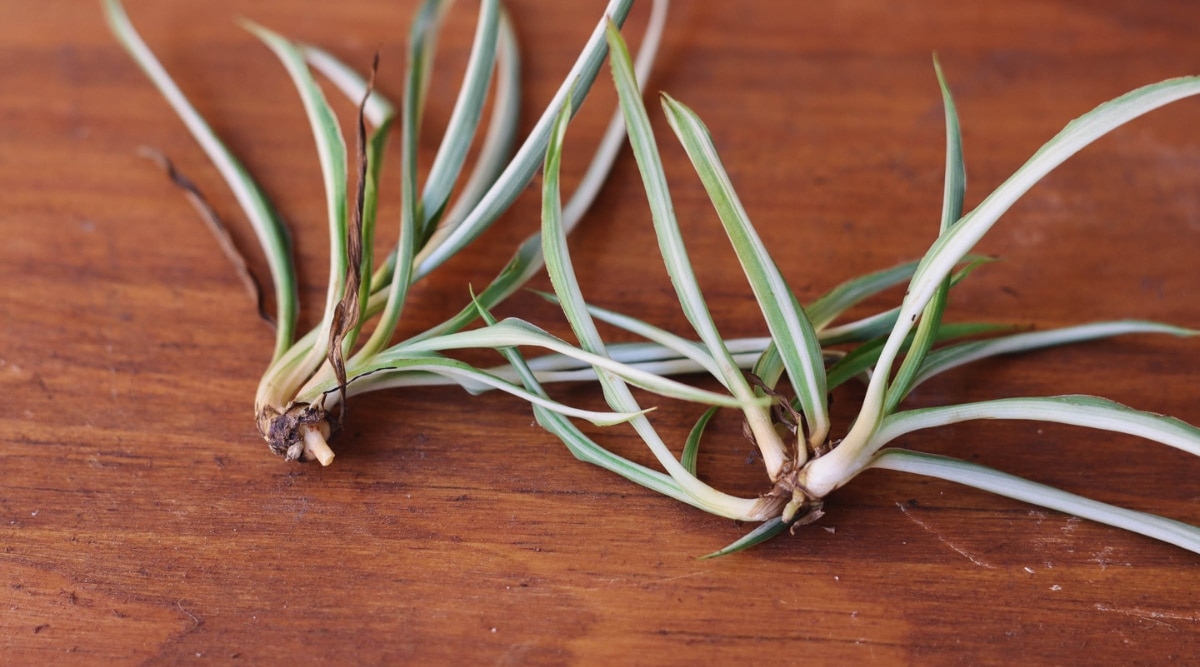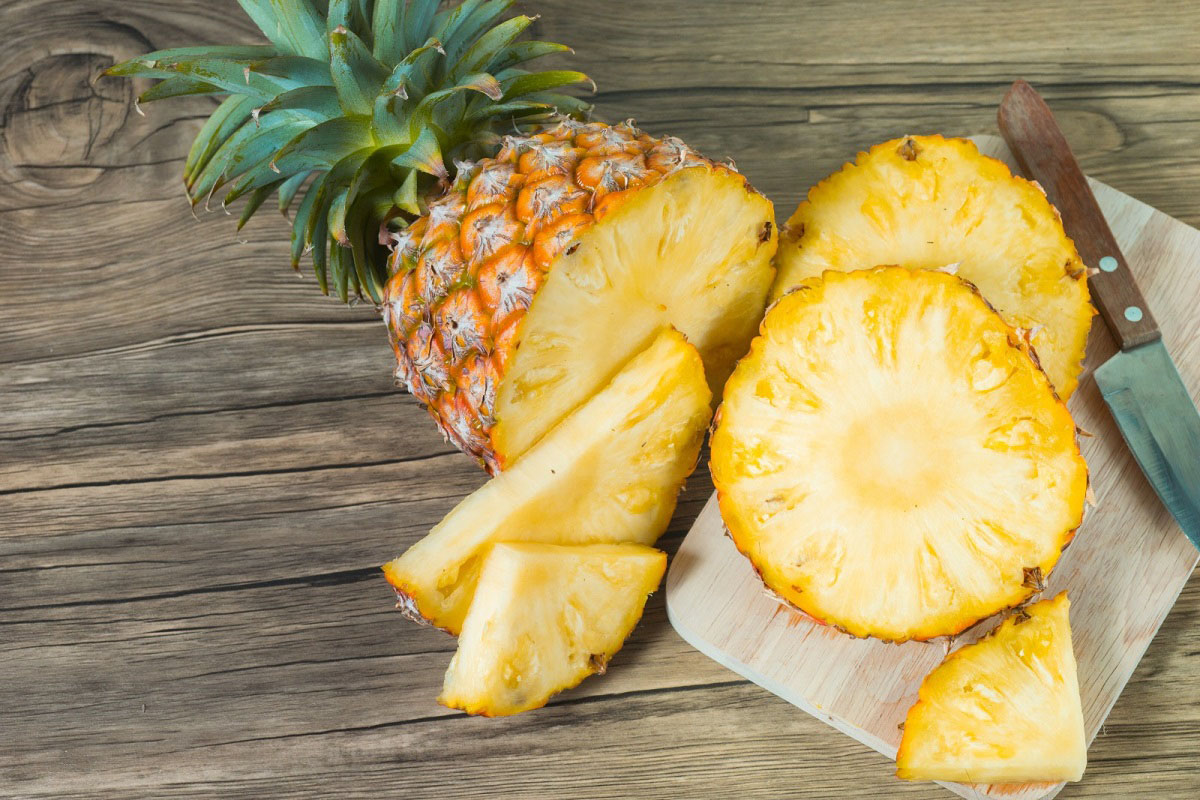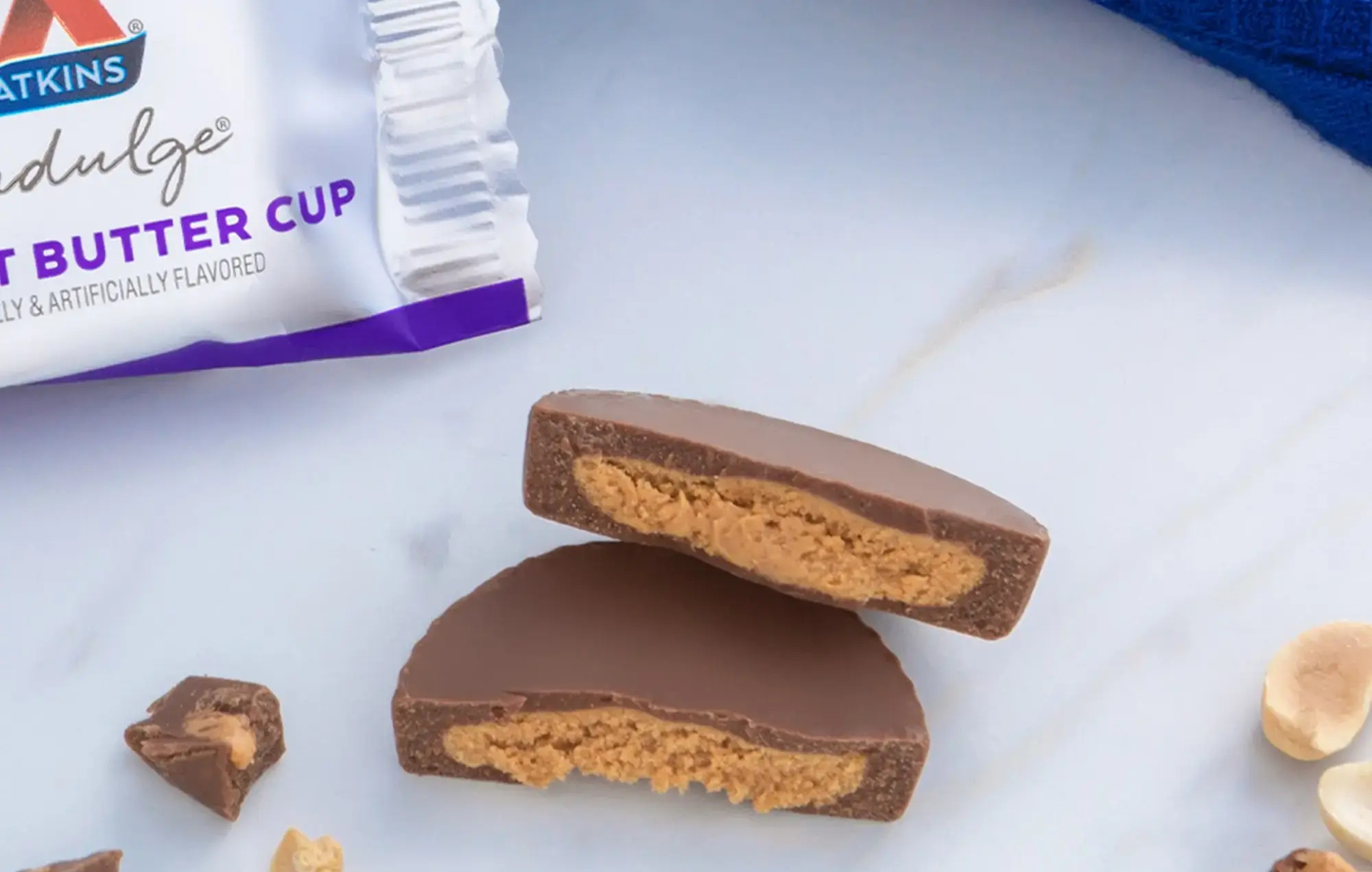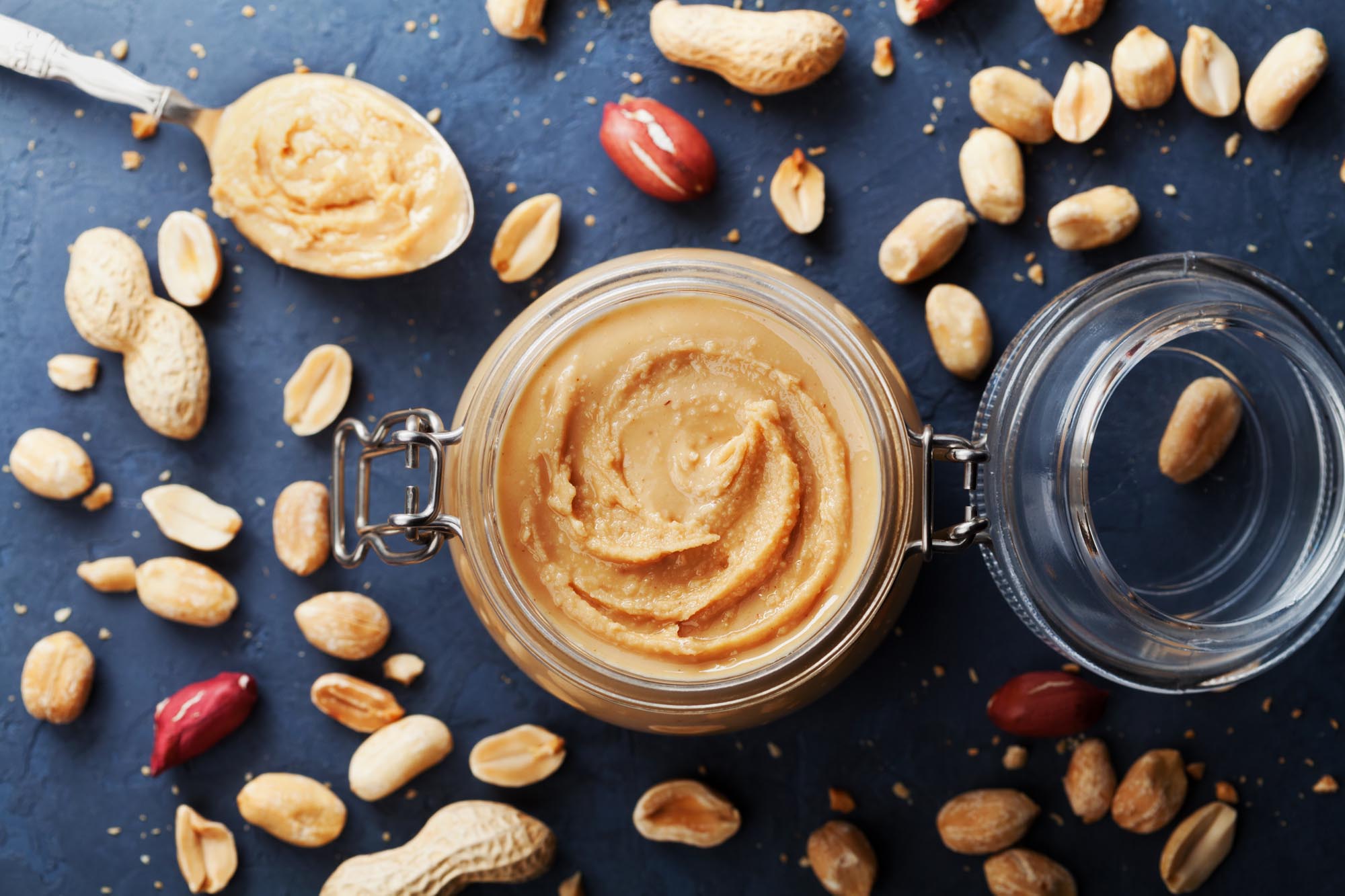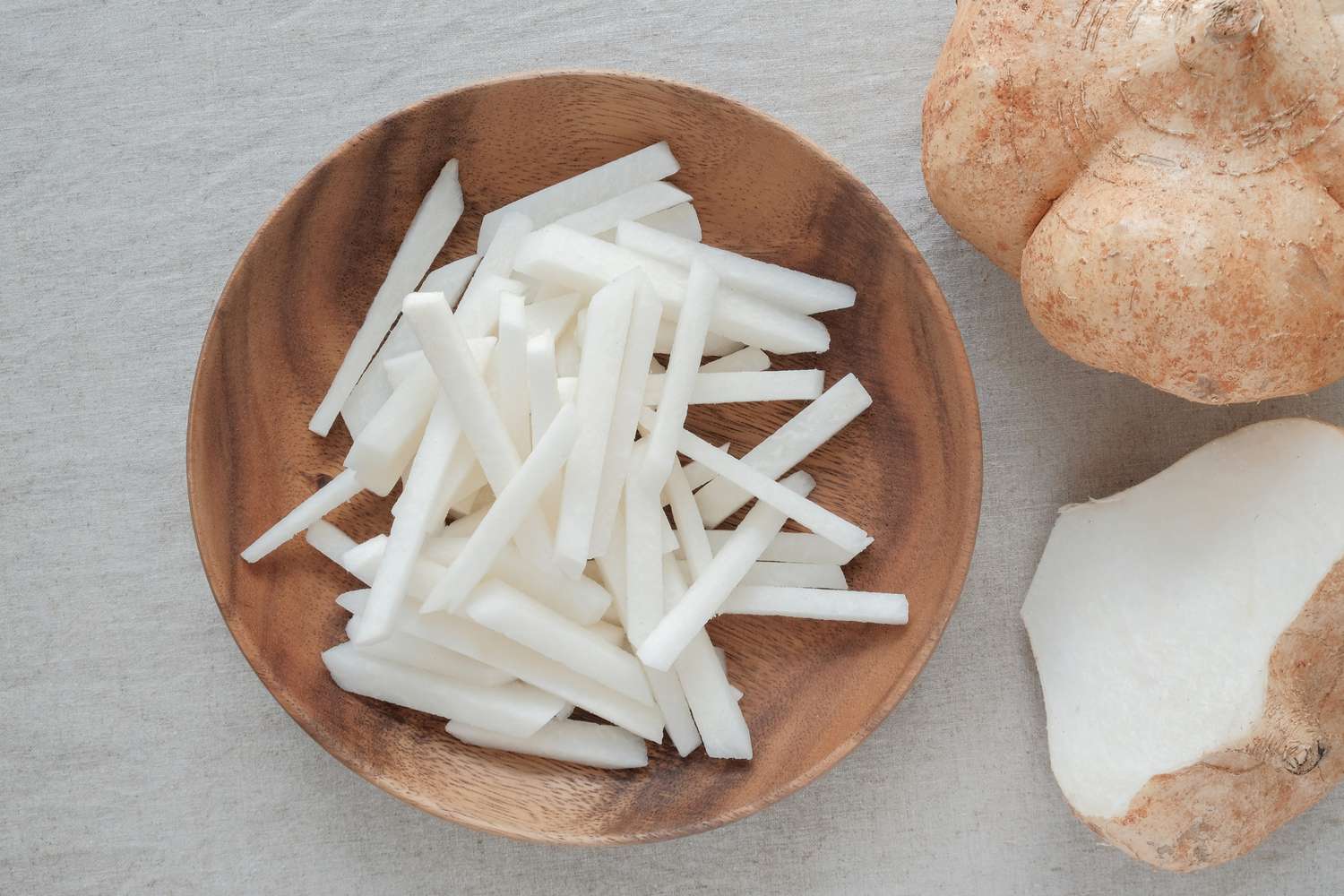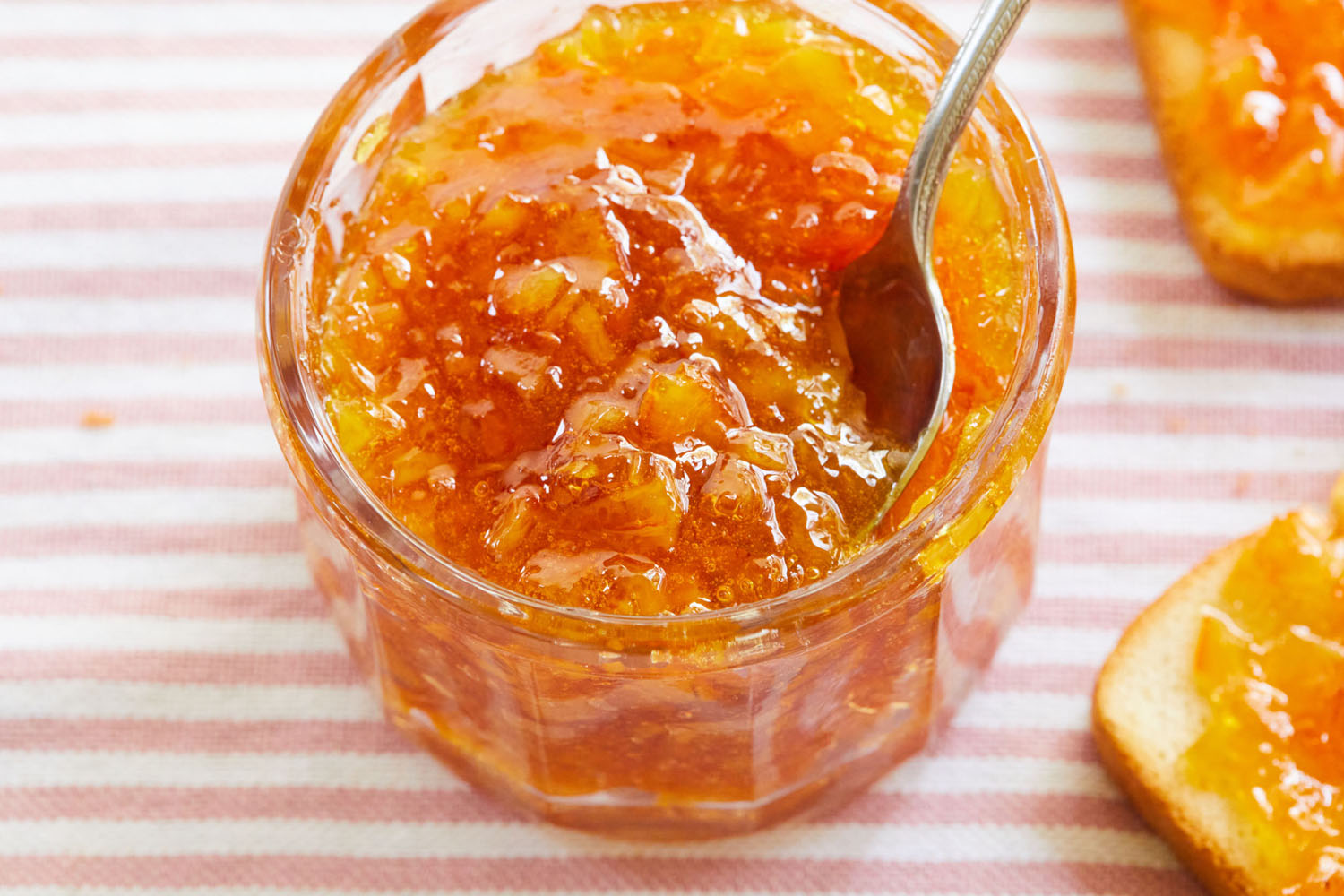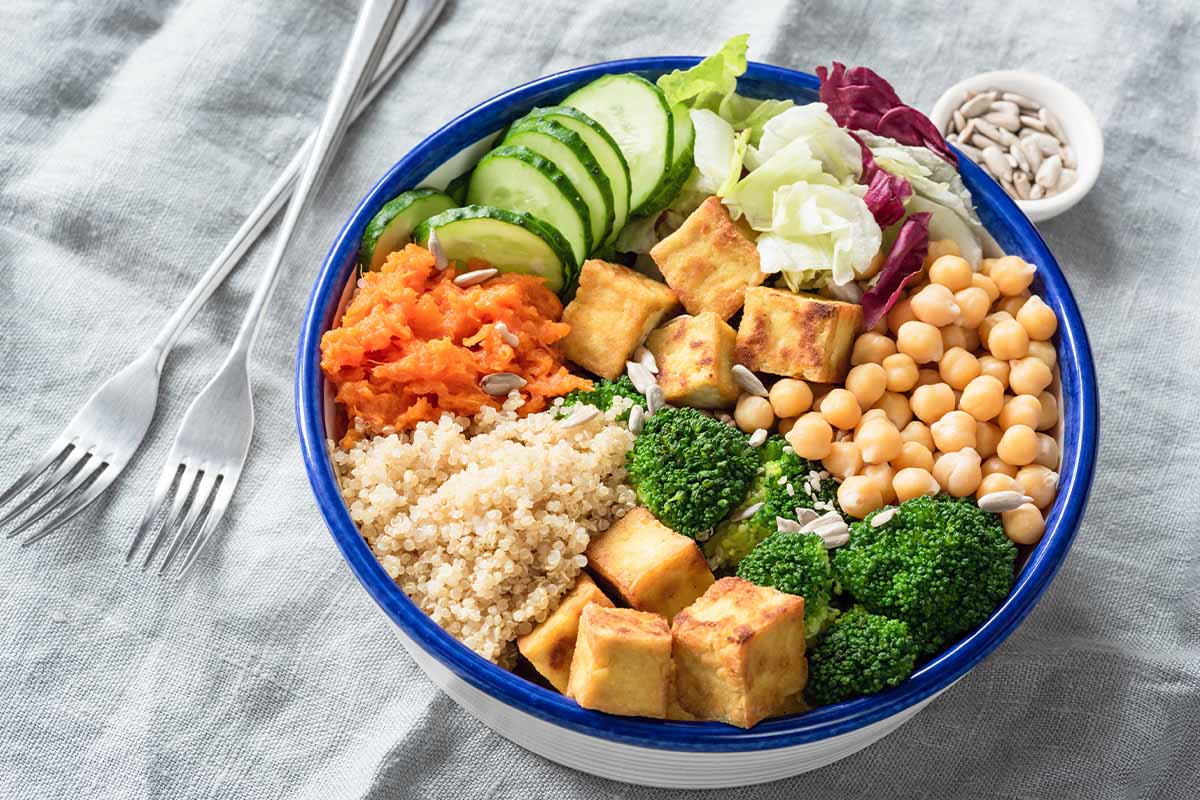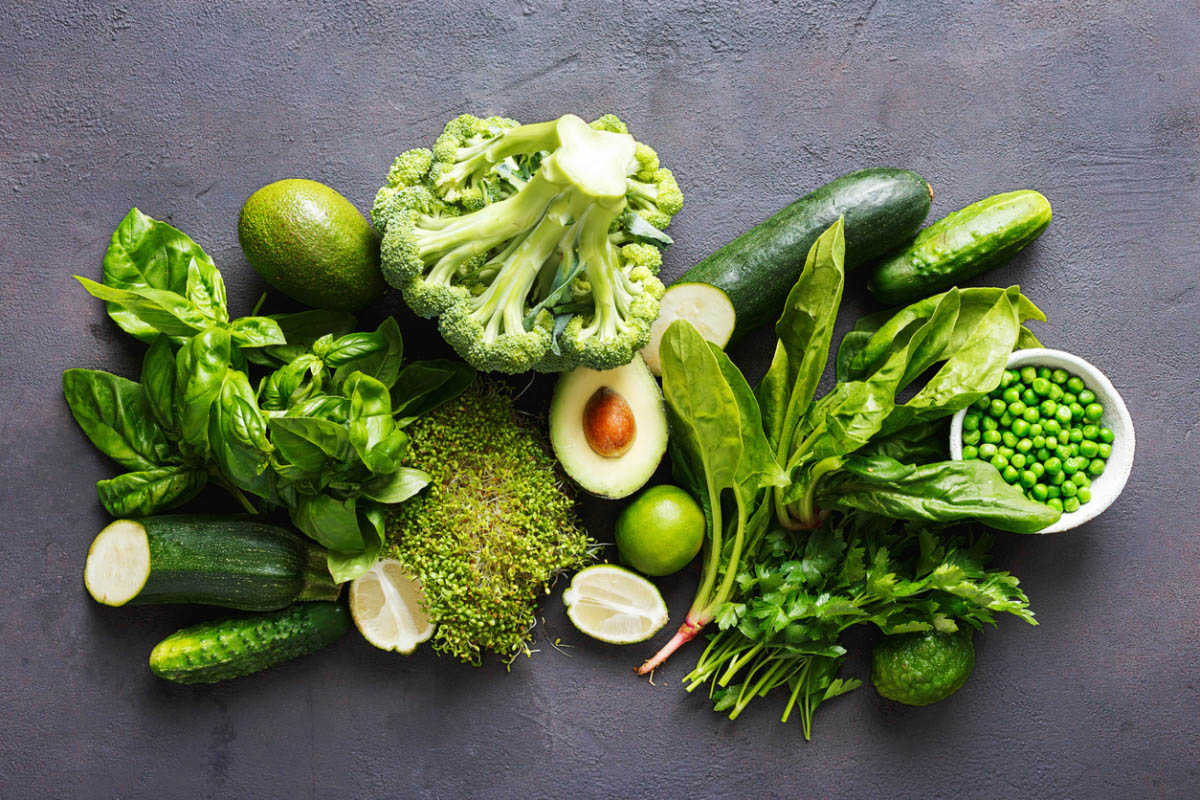How to Incorporate Plant-Based Foods into Your Diet While Managing Crohn’s Disease
If you have Crohn’s disease, you may be hesitant to incorporate plant-based foods into your diet due to concerns about digestive issues and flare-ups. However, with careful planning and consideration, it is possible to enjoy the benefits of a plant-based diet while managing your symptoms. Here are some tips to help you eat plants with Crohn’s:
Start Slowly and Monitor Your Symptoms
When introducing new plant-based foods into your diet, it’s important to start slowly and pay close attention to how your body responds. Keep a food diary to track the foods you eat and any symptoms you experience. This can help you identify trigger foods and make informed decisions about what to include in your diet.
Choose Cooked and Easily Digestible Options
Raw fruits and vegetables can be difficult for some individuals with Crohn’s to digest. Opt for cooked or steamed options, which can be gentler on the digestive system. Additionally, consider incorporating easily digestible plant-based foods such as bananas, white rice, and smooth nut butters into your diet.
Focus on Nutrient-Dense Foods
When following a plant-based diet with Crohn’s disease, it’s essential to prioritize nutrient-dense foods to support your overall health. Include a variety of fruits, vegetables, whole grains, and legumes in your meals to ensure you’re getting essential vitamins, minerals, and fiber.
Experiment with Different Cooking Methods
Explore various cooking methods to make plant-based foods more palatable and easier to digest. Roasting, sautéing, and pureeing can all transform the texture and flavor of fruits and vegetables, making them more enjoyable for individuals with sensitive digestive systems.
Consider Supplements
If you’re unable to meet all of your nutritional needs through food alone, talk to your healthcare provider about incorporating supplements into your routine. Certain vitamins and minerals, such as B12 and iron, may be more challenging to obtain from a plant-based diet, especially for individuals with Crohn’s disease.
Stay Hydrated
Proper hydration is essential for individuals with Crohn’s disease, especially when consuming a plant-based diet. Aim to drink an adequate amount of water throughout the day to support digestion and overall well-being.
Listen to Your Body
Above all, listen to your body and prioritize self-care. If certain plant-based foods consistently trigger discomfort or symptoms, it’s okay to avoid them and focus on options that make you feel your best. Every individual’s experience with Crohn’s disease is unique, so it’s important to tailor your diet to your specific needs and tolerances.
By approaching a plant-based diet with mindfulness and flexibility, individuals with Crohn’s disease can explore the benefits of incorporating more plant-based foods into their meals while managing their condition.
